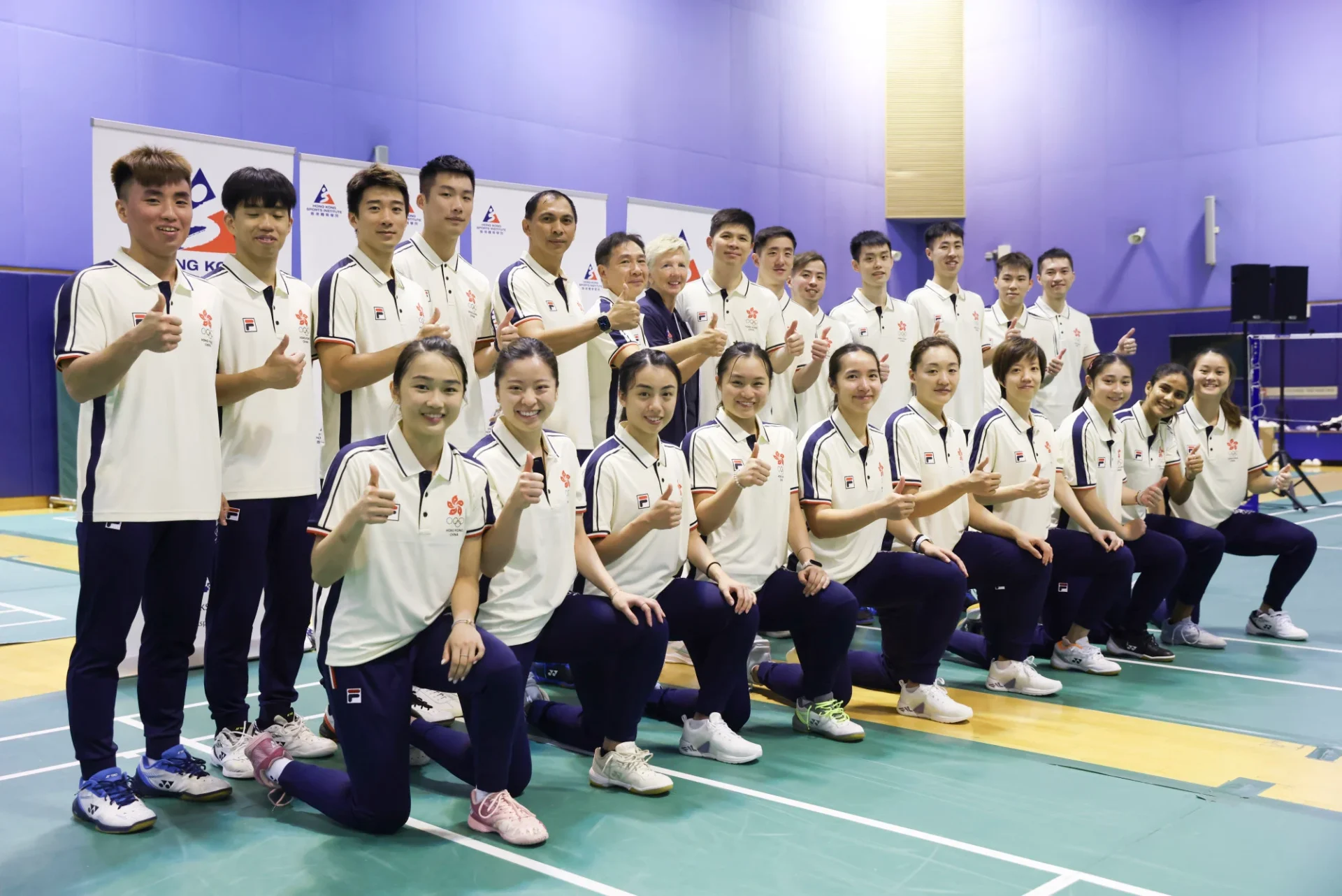The Hong Kong Sports Institute (HKSI), responsible for overseeing the funding and support of the city’s athletes, has completed a comprehensive review of Hong Kong’s performance at the recent Asian Games. Despite the city achieving its best Asiad performance ever in Hangzhou, with a record medal tally, the HKSI has opted to keep the findings of the review confidential, stating that the report is too technical for general public understanding.
Hong Kong’s impressive haul at the Games included eight gold, 16 silver, and 29 bronze medals. This success came on the back of the largest delegation and budget in the city’s history, raising discussions about success measurement and accountability in sports funding.
The HKSI, a key player in nurturing Hong Kong’s athletes, received substantial public funding of approximately HK$730 million in 2022-23 through the government’s Elite Athletes Development Fund (EADF). This funding is crucial for providing athletes with financial support, state-of-the-art facilities, and expert training.
John Lee Ka-chiu, Hong Kong’s leader, affirmed in his autumn Policy Address the government’s commitment to continue increasing resources for elite sports. Questions have been raised regarding the growing investment and the responsibility it brings in delivering better results at future events like the 2024 Paris Olympics. Moreover, queries about the criteria for funding, which have seen minimal changes since 2005, have also surfaced.
Despite these inquiries, the government’s Culture, Sports and Tourism Bureau (CSTB) and HKSI have remained reticent on discussing the specifics of the funding criteria and their reassessment. The CSTB stated its commitment to advancing elite sports in Hong Kong but did not elaborate on the funding criteria’s effectiveness.
Funding to the HKSI has seen a significant increase of about 45% from HK$596.2 million in 2018-19 to HK$863 million in 2023-24. However, specific figures for the next fiscal year have not been disclosed. The increase in scholarship athletes from 600 a decade ago to over 1,400 today has led the HKSI to assert the need for more government resources.
Trisha Leahy, the outgoing chief executive of HKSI, explained that the institute conducts a thorough review after every major Games, involving surveys of athletes and coaches and a comparative analysis of performances. However, Leahy stated that the results of the review, expected to be ready by the end of December, would not be made public due to its technical nature and its use as an internal benchmark for future strategies.
The HKSI has also been non-committal on whether changes in funding and management of specific sports will follow the review. The Hong Kong Olympic committee indicated it would review the support provided for Games athletes but did not clarify if the outcomes would be public. The committee also refrained from commenting on sports like athletics and gymnastics, which have consistently underperformed yet retain funding.
Kenneth Fok Kai-kong, vice-president of the Olympic committee, highlighted the broad scope of Hong Kong’s medal events and the emergence of young medal-winning athletes, indicating effective talent identification. He also acknowledged the challenges faced by teams in transitioning to new generations of athletes.
This approach to sports management and funding in Hong Kong raises questions about transparency and accountability, especially given the significant public investment in elite sports. The decisions around the disclosure of performance reviews and funding criteria adjustments remain a topic of interest in the city’s sports community.
READ MORE:
